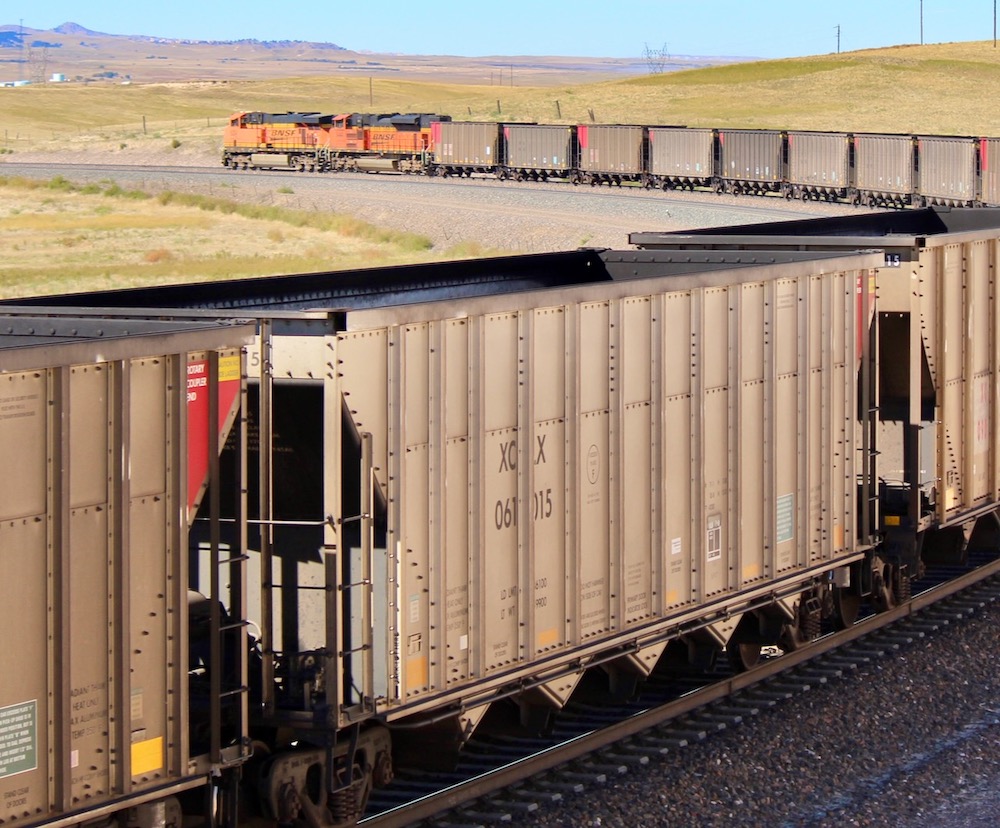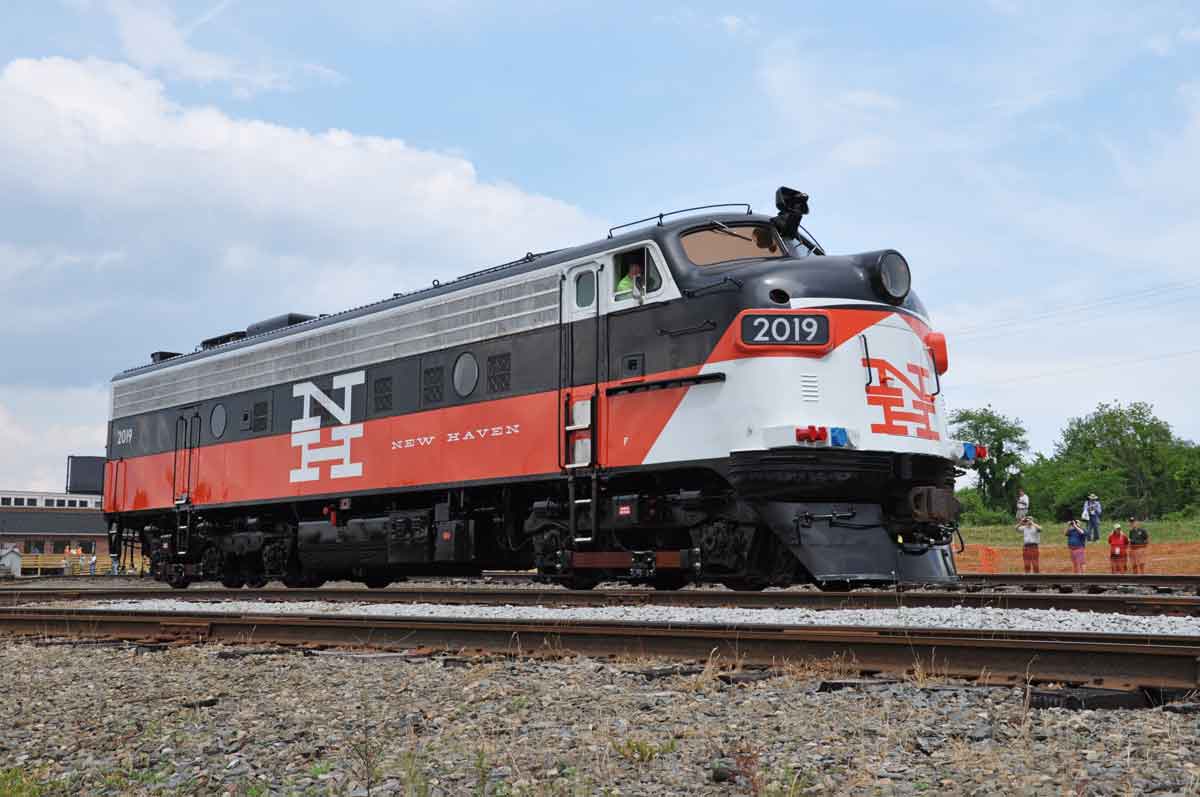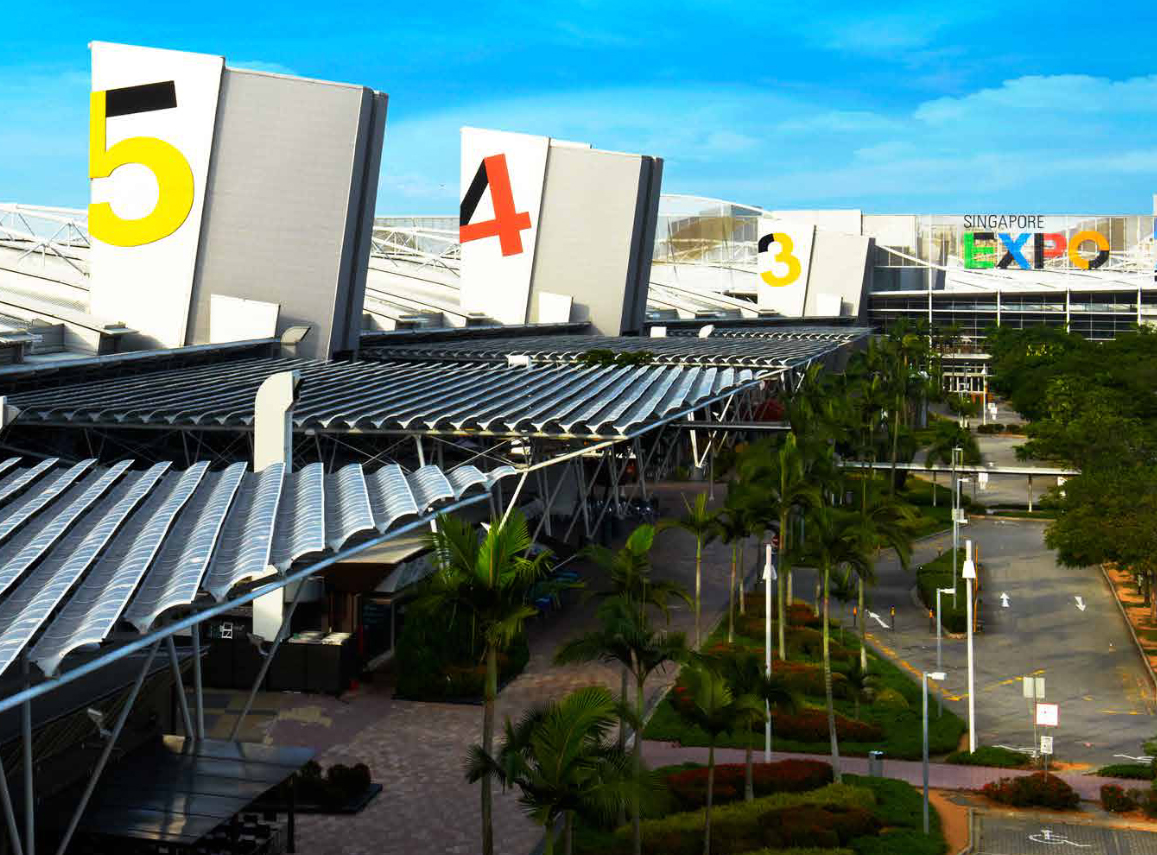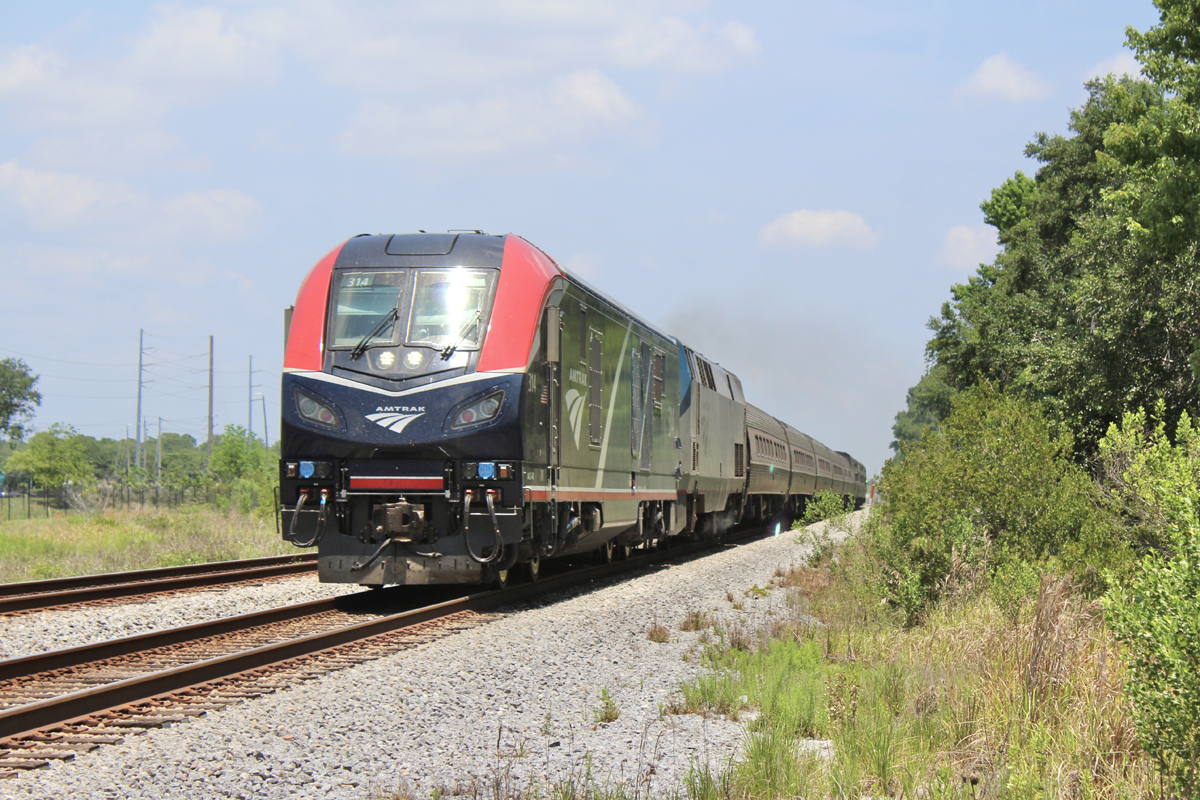
WASHINGTON — The Association of American Railroads has filed a friend-of-the-court brief backing BNSF Railway in its appeal of the Surface Transportation Board’s decision ordering the railroad to haul more export coal from a Montana mine to tidewater in British Columbia.
The brief, filed yesterday with the U.S. Court of Appeals for the Fifth Circuit, says the board erred three ways in its decision ordering BNSF to haul 4.2 million tons of Navajo Transitional Energy Co. coal from the Spring Creek Mine in Montana this year, and an additional million tons once capacity becomes available.
The STB’s June decision stemmed from a common-carrier complaint and emergency service order request that NTEC filed in April.
The AAR said the STB misconstrued the meaning of capacity and that its definition is an inappropriate measure of the common-carrier obligation. Under the common-carrier obligation, railroads must provide service upon reasonable request. The AAR says the common carrier obligation is not absolute.
The AAR also argues that using contract negotiations to define the common-carrier obligation creates a flawed definition, harms private contracting, and reduces incentives for long-term investment. NTEC had been shipping its coal under contract with BNSF, but shifted to shipping under common-carrier rates without a contract.
By ordering BNSF to haul a certain amount of coal for NTEC, the STB is “selecting winners and losers among shippers,” which the AAR says is inconsistent with the STB’s role as a neutral adjudicator.
In announcing its 3-2 decision in June, STB Chairman Martin J. Oberman said, “The common-carrier obligation is a core tenet of the Board’s regulation of the freight railroad industry and is a pillar of the railroads’ responsibility to our country’s economy. Today’s decision reflects the majority’s finding that the common-carrier obligation requires a railroad to provide service on a customer’s request that is within the railroad’s capacity to provide.”














Wonder how their new reciprocal switching rules will effect these law suits… NTEC will only have to say that BNSF refuses to provide haulage for available loads (of which they have proof from BNSF Managers) and the STB can then say, “UP or MRL, step up to the plate, your time has come to see if BNSF really can’t do what customers are requesting.” Then we will see how fast it takes BNSF to pull locomotives out of the 100’s at Donkey Creek and get crews to operate. Funny how competition can put the fear of God in Corporate America…
I guess getting all those east of the Mississippi power companies to cheer on your behalf didn’t work, so you enlist the PR and lobbying arm of corporate rail USA to file a friendly brief as well.
If they didn’t have a contract anymore, and were shipping under the common carrier terms, then who can be redefining what that means?
Oberman said “… to provide service on a customer’s request that is within the railroad’s capacity to provide.”
So BNSF doesn’t complain about capacity, they just say it will hurt other customers. STB seems to believe they do have the capacity.
Where’s King Solomon. We nrrd to cut a baby in half
Telling the STB they made a mistake, yeah, that’ll go over real well.
You criticize government at your own peril.